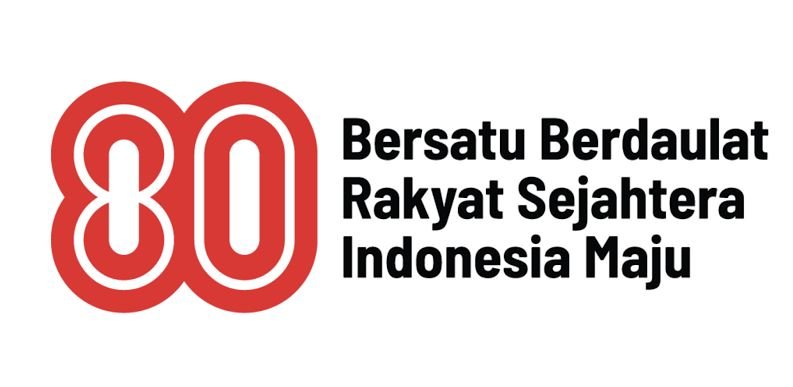
By: Aris Munandar (Director Researcher of IWDN research and technology hub)
Independence is not only a matter of raising the flag, but also a matter of how the sovereignty of the people is maintained through a healthy democracy. Eighty years of Indonesia’s independence should be a milestone of reflection that independence is not enough only to be free from colonialism, but also free to determine political direction, free to express opinions, and free to participate in decision-making. However, the latest facts actually show that our democratic space is narrowing.
The Indonesian Democracy Index (IDI) compiled by the Central Statistics Agency did record a relatively high score, namely 80.41 in 2022. But in 2023, the value dropped to 79.51. What is more worrying is that the indicator of freedom as one of the hearts of democracy has plummeted from 82.80 in 2022 to only 77.48 in 2023. A similar trend can also be seen in the capacity of democratic institutions which declined from 78.22 to 76.46. Globally, the Economist Intelligence Unit assesses Indonesia as a country with a “flawed democracy”, with a score that dropped from 6.53 in 2022 to 6.44 in 2023 from a scale of 0–10. These data confirm that, behind the festive August 17 ceremony, we face a harsh reality: Indonesia’s democracy is regressing step by step.
This phenomenon appears in three main things. First, the narrowing of civil liberties. Various public discussions were dissolved, activists were criminalized, criticism was silenced by the ITE Law. People are still free to vote in elections, but they are not always free to vote afterwards. Second, the weakening of the capacity of democratic institutions. The House of Representatives and the government have passed strategic regulations such as the revision of the KPK Law or the Constitutional Court Law several times without adequate public participation. The legislative process is often elitist, closed, and even tends to ignore the aspirations of the people. Third, the strengthening of dynastic and oligarchy politics. Instead of expanding participation, power is increasingly concentrated in a handful of elites.
The impact of this democratic regression is very serious. Elections are still running, but tend to be just procedural formalities. The 2024 presidential election is a mirror of how democracy runs on paper, but the substance is increasingly blurred. The people are only spectators of elite contestation, while the space for public deliberation is shrinking. A Kompas survey noted that 76.2 percent of residents were dissatisfied with the performance of the DPR, and 84.1 percent considered the DPR to be more representative of the party than the people. These figures illustrate a widening gap of representation.
Jurgen Habermas in his Theory of Communicative Action emphasizes the importance of rational communication in the political process. There are two types of actions: communicative, which is understanding-oriented; and instrumental, which is oriented towards unilateral success. Indonesian politics today more often reflects instrumental actions. Power is used to secure the agenda of the elite without adequate public deliberation. The legitimacy that is born is legal-formal legitimacy, not discursive legitimacy. In fact, lasting legitimacy is the legitimacy that grows from a living public space, where citizens feel like subjects, not objects.
It is within this framework that the regression of democracy threatens the essence of independence. If the people lose the space to express their opinions, if public policy is born without dialogue, then independence will only become a symbolic celebration every August 17. Democracy is a mechanism for independence to have content: so that policies are in favor of the people, so that citizens’ voices are not only heard for five minutes in the voting booth, but continue to color the direction of the state.
A crisis of legitimacy will be the greatest risk of democratic regression. People who feel neglected tend to be apathetic, distrustful, or even resistive. Public policies born without participation will only face resistance. As many studies have shown, participation is not just an ethical obligation, but also a smart political strategy. Policies born from deliberation are more acceptable, more legitimate, and more effective.
Eighty years of independence should be a momentum to reaffirm that independence and democracy are two sides of one currency. Without democracy, independence loses its substance. Without independence, democracy loses its spirit. Our job is not only to keep the flag flying, but also to ensure that public spaces remain alive. The state must expand, not narrow, the space for participation. The political elite must remember that their mandate is not a blank check, but a social contract born from the people, by the people, and for the people. Independence in the midst of democratic regression is a stern warning for this nation. That the struggle is not over. That true independence will only be present if democracy is maintained, public spaces are opened, and the sovereignty of the people is truly respected. Without all that, independence will be only a name, while democracy is slowly dying behind the roar of the independence ceremony.